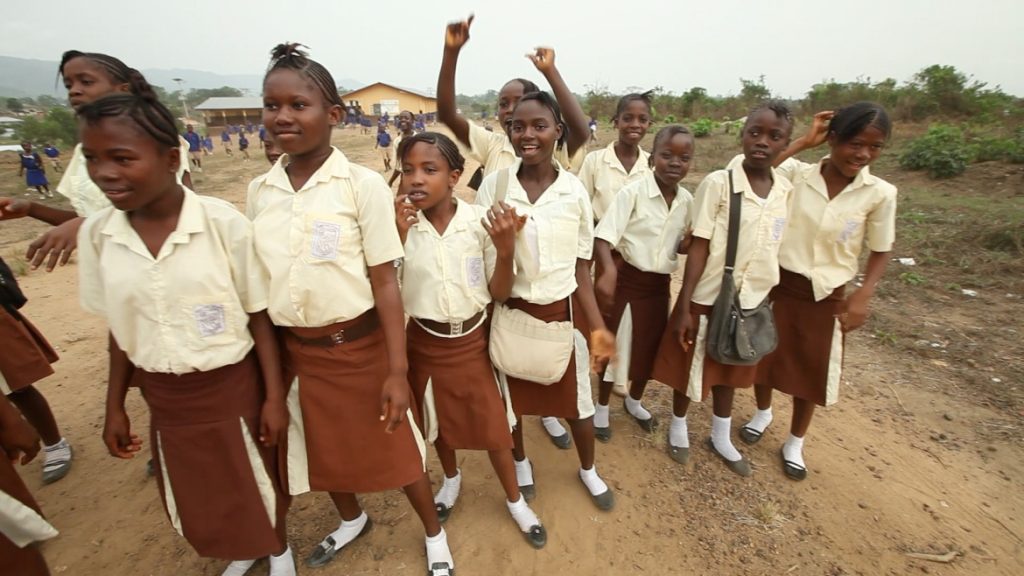A new tool to empower African girls against violence
 20 February 2023
20 February 2023

Sub-Saharan African governments acknowledge the value of education attainment for all as a driver of economic and national development, but school-related gender-based violence (SRGBV) continues to be a continental barrier to access and participation of learners in school (African Union 2020).
Despite being recognized as places of personal development, learning and empowerment, schools often perpetuate some forms of violence and discrimination, particularly with a bias against girls.
According to UN Women (2016), 246 million children are subject to various forms of gender-based violence in and around schools every year. This is exacerbated in conflict and post-conflict situations and for minorities and vulnerable learners. Some common forms of SRGBV are bullying, corporal punishment and sexual harassment (UN Women 2016).
Worldwide, at least one in ten girls between the ages of 13 and 15 is likely to experience sexual violence, while boys are likely to experience severe corporal punishment (UNESCO 2017).
Millions of students live in fear of physical abuse disguised as discipline. In addition, millions of learners face significant barriers reaching school every day both in rural and urban areas, which affects their overall class attendance. For example, in some countries boda-boda (motorcycle taxi) drivers tend to prey on schoolgirls and engage in transactional sex for basic needs such as sanitary products and meals (Education News 2022).
Global Efforts and Call to Eliminate SRGBV
Efforts have been made globally to address SRGBV with schools acting as violence prevention centers (UN Women 2016).
The African Union, through its Continental Education Strategy for Africa 2016–2025 (CESA 2016–2025) under pillar 3, champions the need to eliminate any forms of violence within schools and training setups. Further, the Gender Equality Strategy for the Continental Education Strategy for Africa (GES4CESA) developed by FAWE on behalf of the African Union exemplifies the commitments to curbing SRGBV in learning institutions.
FAWE’s mirrored approach to address SRGBV
Understanding contextual differences in African countries is key for preventing and addressing SRGBV in education institutions. Recently, FAWE developed a mirrored approach manual in response to a global call to prevent, respond and adopt mechanisms to stop SRGBV.
The manual draws strongly from best practices documented under FAWE models, including the Gender Responsive Pedagogy and Tuseme. Given FAWE’s understanding of the African context, the manual recommends solutions and preventive measures relevant to the context.
The FAWE mirrored approach SRGBV manual is twofold and as such targets both school administrators and students, aiming to strengthen their capacity to identify, prevent and respond to SRGBV.
Lastly, it also offers monitoring and evaluation tools that are instrumental in tracking the effectiveness of measures put in place in schools to prevent SRGBV.
Addressing SRGBV calls for concerted efforts from different partners and FAWE continues to spearhead interventions that aim to eliminate all forms of violence in schools and promote access, enrollment and performance of learners in school.
Phot credit: Global Partnership for Education



